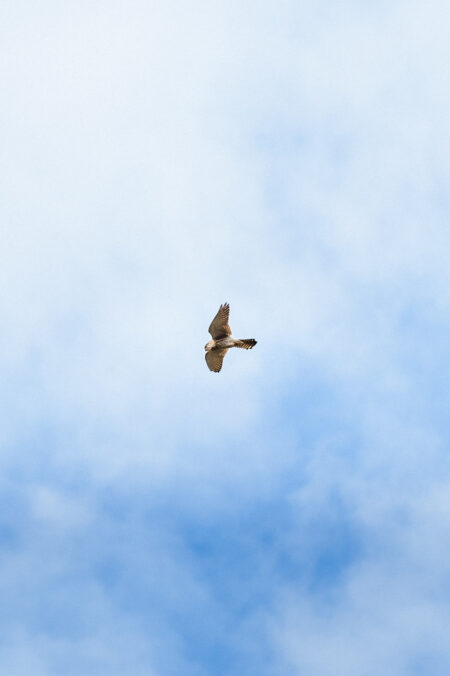How to identify a bird call – recognising bird sounds
How to identify a bird call – recognising bird sounds and the benefit of birdsong

Nature is noisy. During the pandemic, the reduction in ambient noise from traffic, aircraft and the general hubbub of daily life has resulted in birdsong becoming much more audible. Often going unnoticed in the backdrop of life, have you ever taken the time to stop and listen to the daily birdsong, which has many benefits to our general mood and wellbeing.
Spending time outdoors, connecting with nature is the perfect antidote to modern living and getting outside, listening to birdsong has both physical and emotional benefits, leaving us feeling uplifted and less stressed.
Scientists at the University of Surrey have been studying the restorative benefits of birdsong, establishing if it really can improve our mood. They discovered that, of all the natural sounds, bird songs and calls were those most often cited as helping people recover from stress, allowing them to restore and refocus their attention.
Birds call for many reasons – to show that they are fit and healthy when attracting a mate, when warning they call to suggest danger, as a means of contact when in a group and fledgling birds cry for attention and in hunger. Other than seeing a robin on the gatepost or blackbird in a tree it is very hard in depicting different bird sounds apart.
At Combe Grove we have plenty of space for avid bird watchers, walkers and nature lovers to come and listen to the beautiful array of British birds that inhabit our woodland. The landscape is quiet and peaceful, providing the ideal space to relax and absorb the birdsong and to try to decipher individual bird species. We have put together a list of birds and their sounds, and some useful tips on how to identify bird calls.
The Wren:
The Wren is the most common and the shortest bird in Britain. Despite being a common bird it is rarely seen as it awkwardly hops around terracotta pots in your garden. Even if you do not see this bird you will definitely be able to hear it as it has the loudest decibel sound per gram of any UK bird. To identify a wren there is one part of its song which is undeniably different from other birds. It has a rattle. “Chit-chit-chiti-tzerrr”. Next time you are out walking try to listen out for a melodic tune followed by a small rattle, before going back into a melody.
The Song Thrush:
The Song Thrush has a beautiful melody which is very varied. This makes it quite difficult for bird song identifiction as it can be confused with a black bird. This varied rhythm of sounds does make the song thrush sound distinct. It will pick a sound and sing it 2, 3 or 4 times before moving onto a different sound.
Chiffchaff:
This is one of easiest songs to place with its species. A chiffchaff’s call sounds like its name. The first part of the call sounds like “chiff” and the second part sounds like “chaff”. Their birdcalls can be heard throughout the summer as they are a regular migrating bird.
The Robin:
The iconic red breasted robin is a bird that is fearless and one you can hear all year round. It has a very easy song to recognise as it is very melodic and has a song structure of singing, pausing, singing and then pausing again. This call is very similar to the blackbirds structure but much more higher pitched.
The Blackbird:
A blackbird is a very common sight to our back gardens and parks. The blackbird is an easy sound to recognise and can be heard from February. They are more prominent on a long spring or summer’s evening with a deep melancholy tone. It is a smooth whistling song, that structurally comprises a relaxed singing tempo and brief pauses.
If you enjoyed this bird guide on ‘How to identify a bird call’ and are interested in learning more about birds and their songs, you can enjoy the sound of birdsong via the RSPB birdsong identifier here. Dawn chorus day on 2nd May is a good time to celebrate the benefits to mental and physical health of birdsong and we look forward to inviting you to take part in the Combe Grove Dawn Chorus walks in April. Follow us on social media or sign up to our newsletter to keep abreast of information.